|
Boring. Painful. Irrelevant.
Learning can be better than that. An example from my experience is unschooling, my daughter. We talk to each other. We read books together. We visit interesting places. And in the process without directly intending it we learn a lot. Here's just a sample of some people/places we've read and talked about over the past couple of years. George Washington, Abraham Lincoln, Leonardo da Vinci, Thomas Edison, Vincent van Gogh, Pablo Picasso, Albert Einstein, Basho, William Shakespeare, Queen Elizabeth, Tutankhamen, Nefertiti, Paul Revere, Annie Oakley, Frida Kahlo, Louisa May Alcott. Rome, China, Florence, Venice, Greece, England, Egypt, The Titanic, Dinosaurs, the Human Body, Stars and Planets, and more. No, I don't give her exams. I don't drill her. We talk, laugh, and spend time together. And learning happens. At some point, we may opt for more structure and more rigor. Meanwhile, we do what comes naturally. And, part of that is learning. Makes you wonder if more kids could benefit from this approach.
0 Comments
A story about the Mulla Nasrudin:
Nasrudin stood up in the marketplace and started to address the throng. "O, People! Do you want knowledge without difficulties, truth without falsehood, attainment without effort, progress without sacrifice?" Very soon a large crowd gathered, everyone shouting "Yes, yes!" "Excellent!" said the Mulla. "I only wanted to know. You may rely upon me to tell you all about it if I ever discover any such thing." Image by Jacques GAIMARD from Pixabay
I admit when I was a high school student history bored me as it probably bores many high school and college students today. But, I don't think my boredom was inevitable nor is the boredom of today's students. Boredom is not a central feature of history though it is often central to the teaching of history. This is due in large part to textbooks that lack interest and teachers who lack passion and a skill for storytelling. When you get right down to it, history is first and foremost story. But, this is rarely stressed in the classroom and almost never stressed in the textbooks. Fortunately, there are resources to counter this problem. Let's consider a few which emphasize not only the story aspect of history but also the fact that everything has a history.
Image by Marc Pascual from Pixabay
There is a continuing debate among academics concerning what we should be teaching our students. If we were to listen to the students themselves, we would only teach them what they are interested in learning. But that begs a very important question. How can you be interested in something you haven't yet learned? No, the proper role for the educator is to teach what, in their judgment, needs to be taught. How can they make such judgments? Well, the answer is never easy but I think it is fair to defer to experience in these situations. And no, I'm not talking about the individual experience of one or two professors or instructors. I'm talking about the collective experience of our cultural patrimony. Which is only one of the reasons I am an advocate of cultural literacy.
Image by Gerd Altmann from Pixabay
You hate math. I get it. But, you probably are basing your intense dislike of math on an extremely limited sense of what math entails. You’ve been taught that math is numbers and calculating. Memorizing difficult formulas and solving word problems about trains going in different directions for no particular reason except to torture you. But, math is much, much more. Math is about beauty. And symmetry. The glorious patterns of nature and movement. Math can enrich your understanding of dance, music, art, and design. But, to appreciate this feature of mathematics you will need to go far beyond the textbook. Not “far beyond” in the sense of advanced mathematics but “far beyond” in the sense of venturing away from the mechanics of mathematics to the underlying point. There are some excellent resources to help deepen your understanding and appreciation of mathematics. Let’s look at a few.
The National Geographic-Roper survey of geographic literacy is now famous for its findings regarding American school-age kids. Many do not know the basics of geography. A few of the more disturbing findings are as follows:
At some point this year (2022), I will read my 2,000th book. I thought I'd revisit a post I made years ago regarding my 1,000 book milestone. On September 10, 2010, I read my 1,000th book. I started counting books I completed in 1987 so it took a little over 20 years to reach my 1,000th book. Upon reaching the milestone of reading 1000 books, it seems appropriate to reflect on what I have learned as a result of all that reading. The temptation is to enumerate a list of facts or insights gained from individual books. Doing this might be a worthwhile project but would be a book unto itself and might not yield any insights to other readers. Instead, I want to reflect on a few general points.
Image by Foundry Co from Pixabay
You can’t read every book. You can’t retain everything you read. Given these facts what counts as being well-read? It’s an interesting question to consider in a world where more and more books are being published every year thus making the goal of keeping up with knowledge nearly impossible. Even if you choose to specialize in one discipline, being well-read in that discipline is extremely difficult. But, is there a way to attain a level of general knowledge that is both achievable and useful? And, what are the benefits of such knowledge?
Image by Wokandapix from Pixabay
People learn things for a variety of different reasons: to get a good grade, to earn a degree, to get a better job, to earn a badge or certificate to display on their website. But, I think the most important reason to learn is for its own sake. Or, as the physicist Richard Feynman put it, for "the pleasure of finding things out."
Image by Arek Socha from Pixabay
I remember a while back running across an article about the crazy type of interview questions asked by various company's hiring managers. One in particular struck me as an excellent question: "Explain to me what has happened in this country during the last 10 years." |
KEVIN J. BROWNEPhilosopher / Educator These blog posts contain links to products on Amazon.com. As an Amazon Associate I earn from qualifying purchases.
Categories
All
Archives
April 2023
|
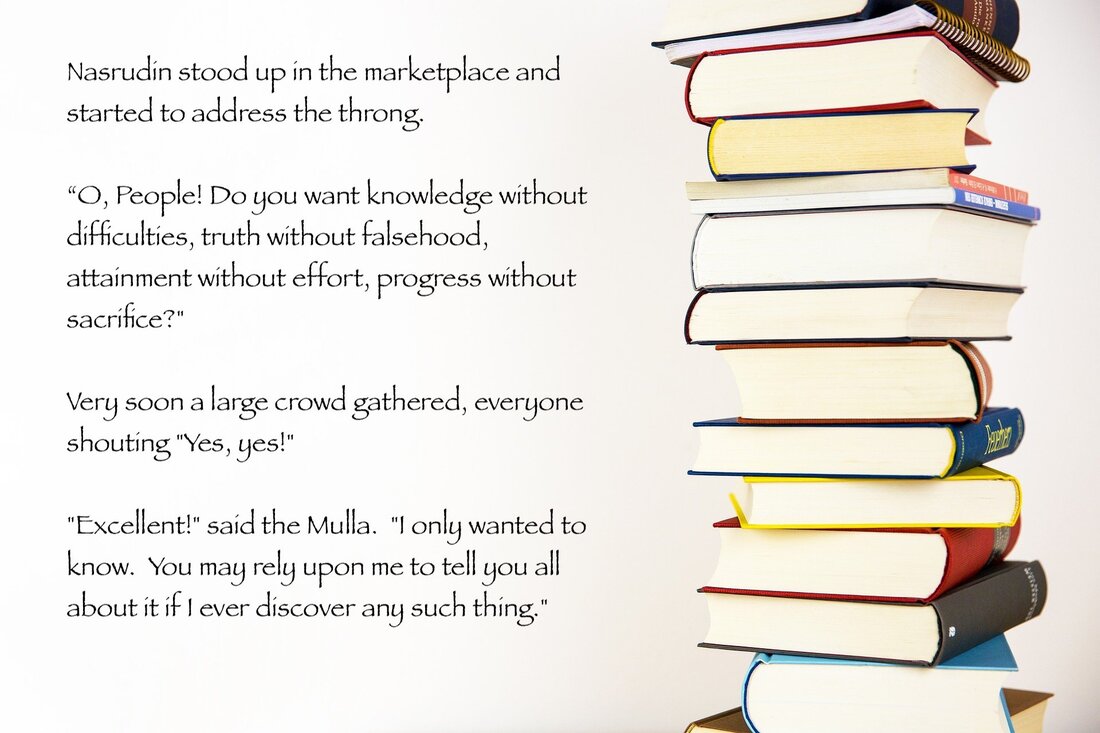
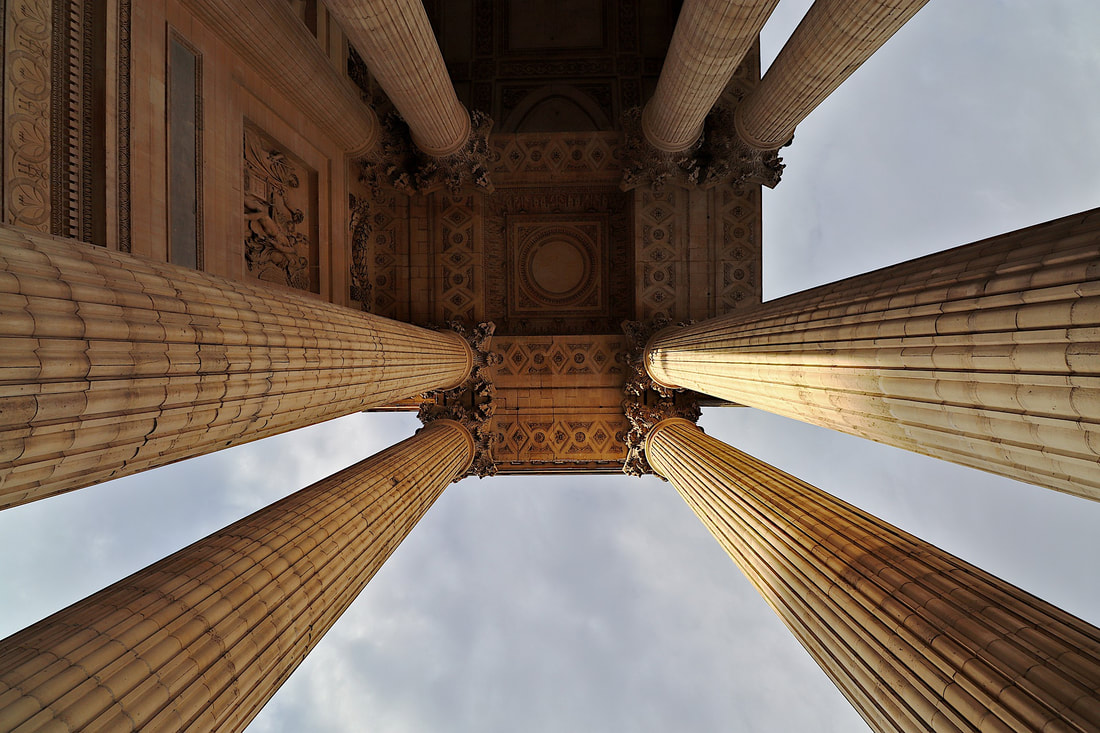
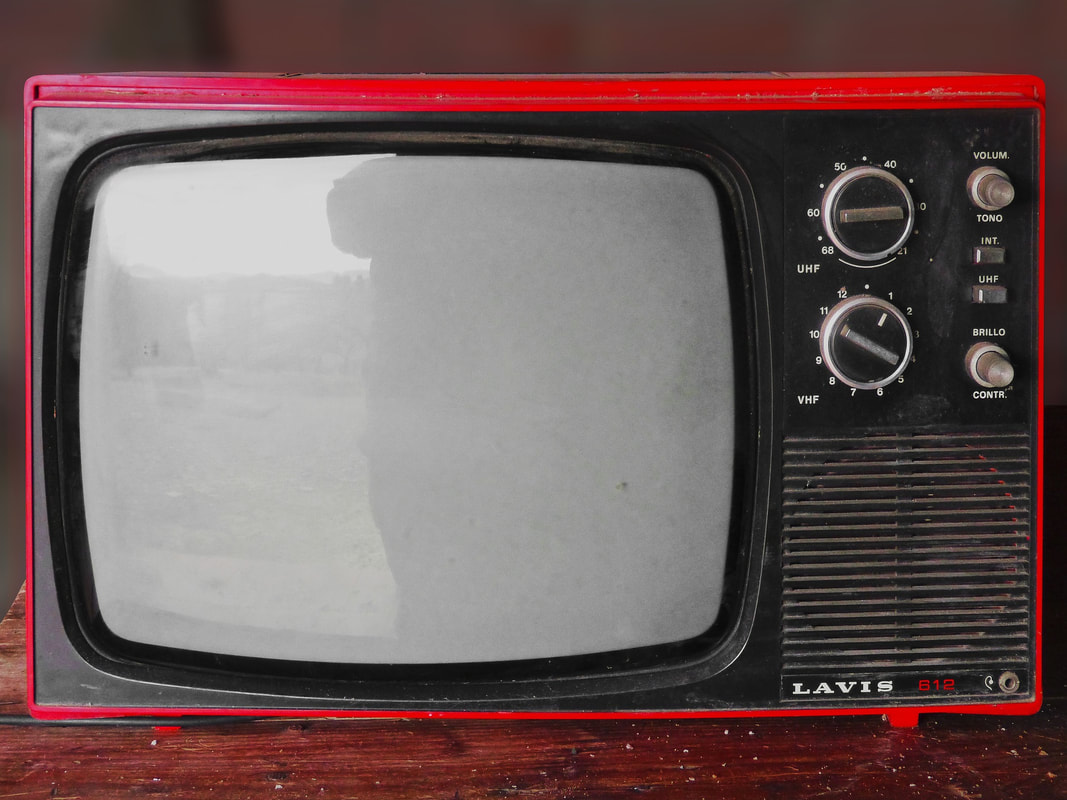




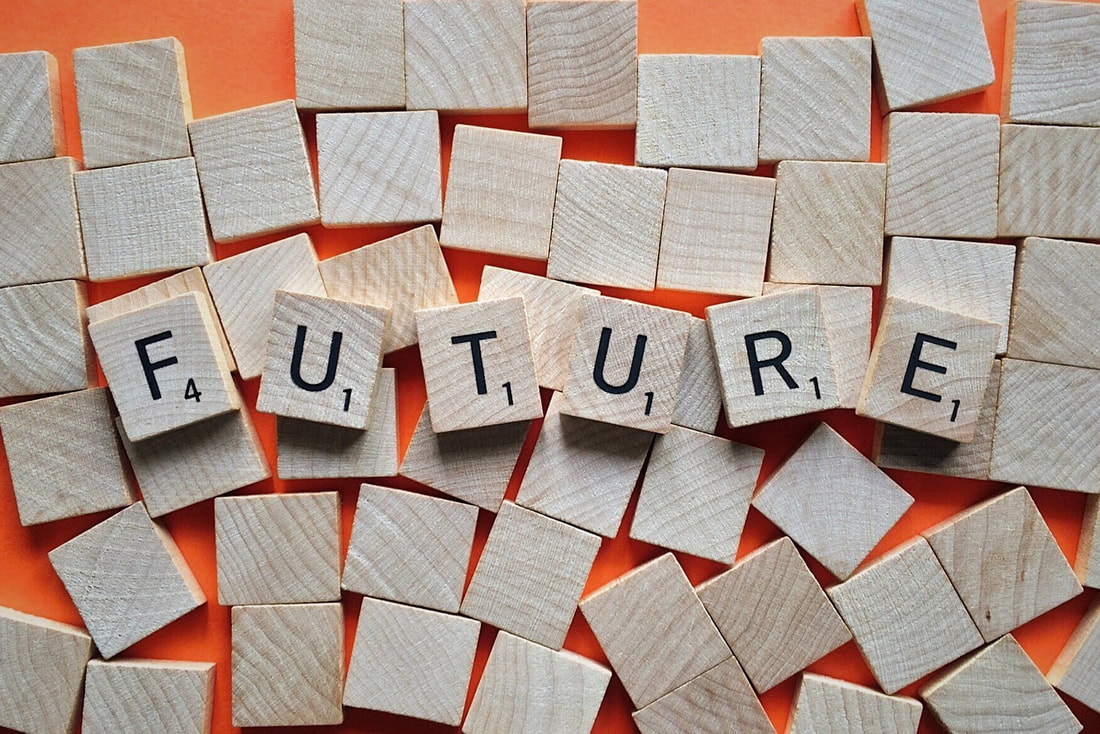
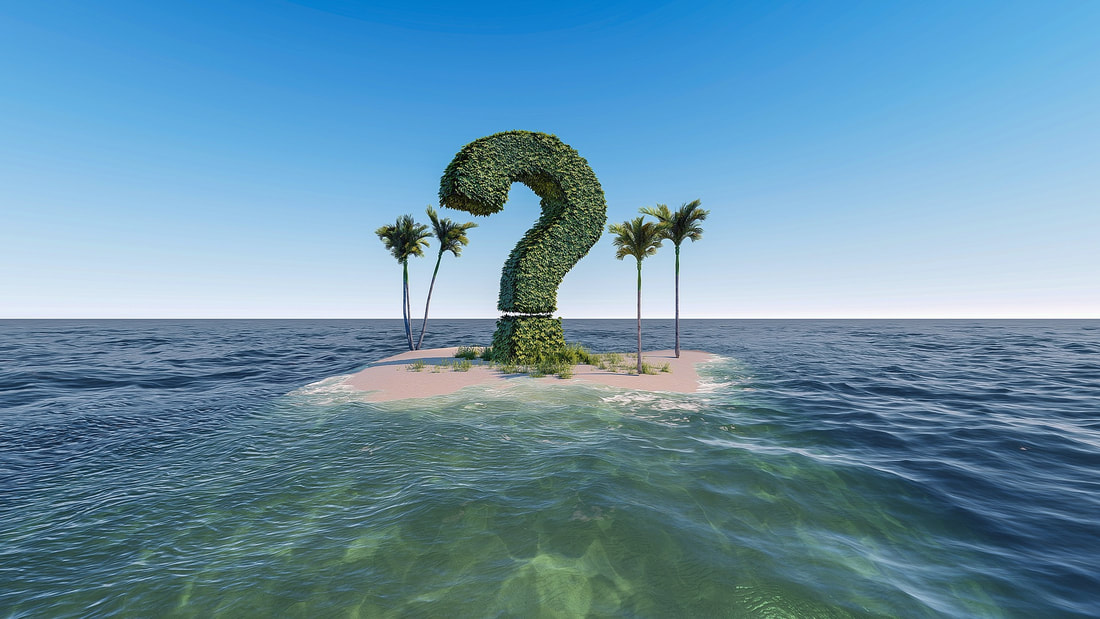



 RSS Feed
RSS Feed
















